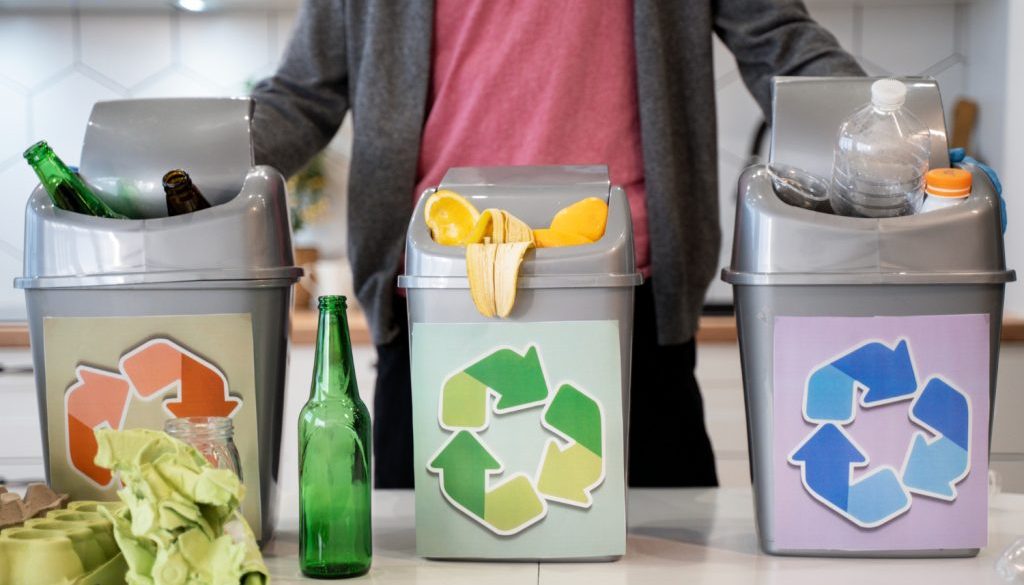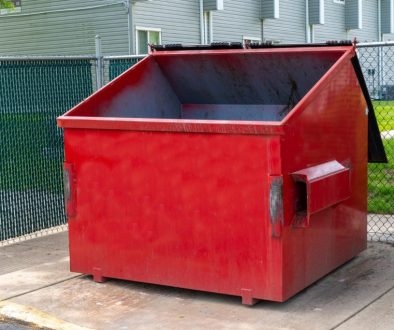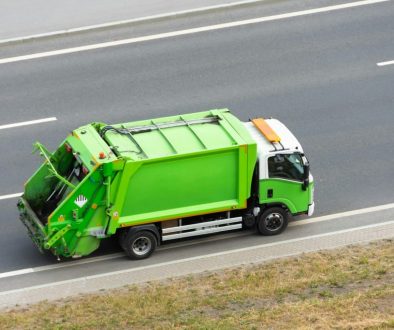As the New Year approaches, many of us think about positive changes we can make in our lives. Adopting eco-friendly habits is a popular choice, and recycling is a simple yet effective way to contribute to a healthier planet. By taking small steps towards better recycling practices, you can make a substantial impact on the environment.
Embracing recycling as part of your New Year’s resolutions doesn’t have to be complicated. It starts with understanding the materials you’re discarding and how they can be reused or recycled. With a little creativity, you’ll find many opportunities to reduce waste and transform old items into something useful.
Incorporating recycling into your daily habits is an easy goal. Whether it’s in the home, at work, or on the go, these practices can lead to lasting benefits for the environment. This year, why not resolve to be more mindful of your waste and encourage others to join in on the journey towards sustainability?
Simple Recycling Strategies to Kickstart the Year
Starting the New Year with the right recycling habits sets a positive tone for sustainability. It involves making small changes that can easily integrate into daily life. Begin by assessing your household waste and identifying areas where improvements can be made.
1. Evaluate Your Current Waste: Take note of the items you dispose of regularly. Are there specific materials like plastics, paper, or glass that accumulate more? This will help you focus on the most impactful areas for change.
2. Set Up Recycling Bins: Place clearly labelled bins in convenient locations around your home, such as the kitchen or garage. Labeled bins for paper, plastic, and metals encourage effective separation from the start.
3. Educate Yourself on Local Recycling Rules: Different areas have specific recycling protocols. Familiarise yourself with these rules to ensure you are recycling correctly and not contaminating the recycling stream.
4. Avoid Single-Use Items: Switch to reusable alternatives for common single-use items, like shopping bags and water bottles. This reduces waste and promotes better practices for future disposal habits.
5. Schedule Regular Recycling Reminders: Establish a routine day each week to sort and take out recyclables. A set schedule helps maintain consistency and prevents recycling build-up.
By implementing these strategies, you’ll establish a solid foundation for recycling efforts throughout the year. It’s about making sustainable actions a part of your everyday lifestyle.
Incorporating Recycling into Daily Routines
Integrating recycling into your daily routine doesn’t require sweeping changes. Small adjustments can seamlessly blend with everyday tasks. This creates positive habits that last throughout the year.
1. Start with Your Morning Routine: Set a goal to recycle items from breakfast, like cereal boxes and milk cartons. Keep a bin nearby to make it easy to toss recyclable items as soon as they’re empty.
2. Use Reusable Containers: Pack lunch in reusable containers instead of single-use plastic bags. This reduces waste and encourages others to adopt similar habits.
3. Have a Recycling Spot in Your Workspace: Create a designated area in your home office for paper recyclables. Encourage the habit of using digital notes where possible to minimise paper use.
4. On-the-Go Recycling Kits: Carry a small bag for recyclables when you’re out. This way, you can bring back items to recycle at home if facilities aren’t available elsewhere.
5. End-of-Day Check: Before bed, do a quick check around the house for any stray recyclable items. Sorting any discovered items only takes a minute, and prevents waste from ending up in the wrong place.
Efforts like these ensure that recycling becomes second nature. Through these daily practices, everyone can contribute to a healthier planet without disrupting their schedules. Making recycling a part of your routine strengthens your commitment to environmental responsibility.
Creative Ways to Reuse and Repurpose Items
Reusing and repurposing items is a fantastic way to extend their life and reduce waste. This creative approach not only saves resources but also adds a personal touch to your surroundings.
1. Turn Glass Jars into Storage: Clean glass jars make excellent storage containers for small items like buttons, nails, or spices. Use larger jars for pantry staples such as pasta or rice.
2. Transform Old Clothes: Instead of discarding worn clothes, cut them into cleaning rags or use them for DIY projects like quilts or patchwork bags. Old T-shirts can even become reusable shopping bags with a bit of cutting and sewing.
3. Repurpose Wooden Pallets: Wooden pallets can be redesigned into garden furniture, bookshelves, or even a decorative feature wall. Sand them down and paint or stain to fit your home’s décor.
4. Craft from Cardboard Boxes: Cardboard can be crafted into playhouses for children, storage bins, or even a cat scratcher. Get the kids involved and let them paint and personalise their creations.
5. Revitalise Broken Furniture: Instead of throwing away damaged furniture, repair and repaint it for a fresh look. Broken chairs can become garden planters, and headboards can transform into rustic benches.
These ideas show that with a little creativity, everyday items can find new life and function. It’s a rewarding process that not only declutters but also fosters a mindset of sustainability.
Engaging Family and Friends in Your Recycling Plan
Getting family and friends involved in your recycling efforts can magnify the impact. By working together, you create a community-driven approach to sustainability.
Start by sharing your goals. Discuss with family and friends why recycling is important to you and how their participation can make a difference. This conversation can spark interest and commitment.
Organise a recycling competition. Set up a fun challenge to see who can reduce the most waste or come up with the best repurposing idea. Offer simple rewards such as a home-cooked meal or a movie night to motivate involvement.
Host a recycling-themed get-together. Plan an event where everyone brings items they need to recycle, and work together to sort them correctly. You can also hold craft sessions where everyone repurposes items into something new and useful.
Create a shared recycling schedule. Coordinate days to collect and sort recyclables, and involve willing neighbours. This collective effort optimises recycling trips and ensures consistent participation.
By turning recycling into a group activity, you cultivate shared responsibility and enthusiasm. Friends and family can offer support and inspire one another, making it easier to adopt new habits while strengthening bonds.
Conclusion
Deciding to recycle more effectively as part of your New Year’s resolutions is a meaningful choice that can lead to long-lasting benefits for both you and the environment. By understanding how to integrate simple strategies and creative repurposing into your routines, you’re making a profound impact on reducing waste. Every small action contributes to a broader effort of sustainability, where community involvement plays a vital role.
These recycling ideas do not just remain personal; they extend into a shared endeavour with your family and friends. Their active participation enriches the experience, turning an individual effort into a collective one. The journey of recycling becomes more engaging and supportive when it’s shared, ultimately making the world a cleaner and greener place.
If you’re inspired to boost your recycling efforts, Enviro Skip Hire is here to help. We provide reliable skip hire solutions perfect for your recycling needs, ensuring that all waste is handled responsibly. Embrace the change this New Year and make a commitment to a more sustainable lifestyle with our dedicated services.




